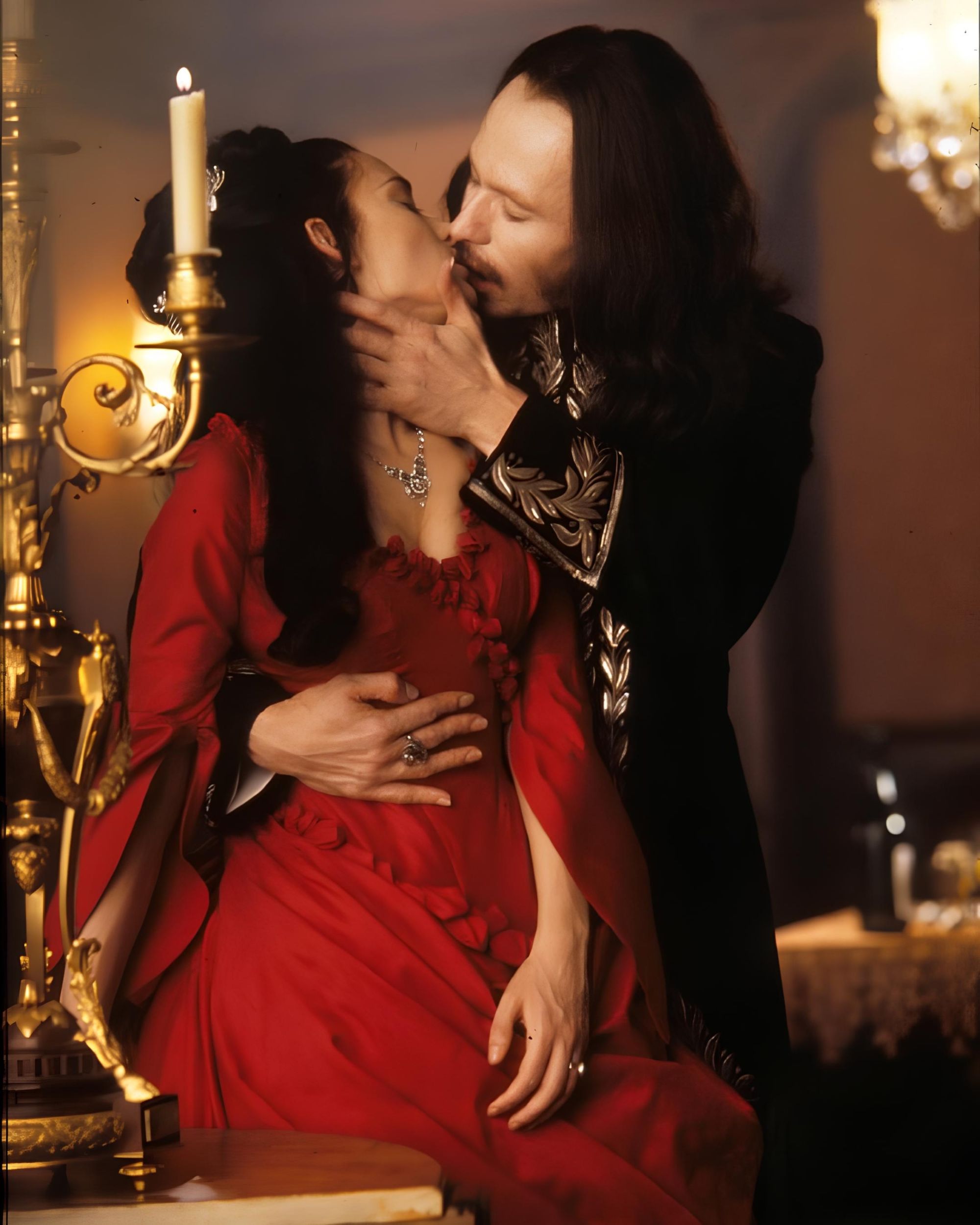
What will Luca Guadagnino's new “American Psycho” be like? A new Patrick Bateman for the Gen-Z audience
The devil works hard, Luca Guadagnino works harder. After the success of Challengers and the presentation of Queer with Daniel Craig, the Roman director does not stop: various sources confirm that Guadagnino is in the final stages of negotiations to direct a new adaptation of American Psycho, the controversial cult novel by Bret Easton Ellis published in 1991, with screenwriter Scott Z. Burns also onboard. Unlike the 2000 film adaptation, which became a cult classic largely due to Christian Bale's disturbing portrayal of Patrick Bateman (one of the first "literally me" characters in contemporary cinema), Guadagnino's version promises to offer a new interpretation. According to Deadline, rather than a direct remake, the aim is to re-examine the themes of Ellis's novel in a contemporary context. This new vision from Guadagnino, who has repeatedly demonstrated his skill in reinventing classic stories (for example, the remake of Suspiria and the adaptation of Bones and All), is already generating significant interest in the project.
According to some, the presence of screenwriter Scott Z. Burns, who has always been a lover of economic and political themes in contemporary America, could shift the story’s era to the post-2008 crisis America, or even to today, given Burns' interest in climate change, as shown from his early work as a producer for An Inconvenient Truth to the recent Apple TV+ series Extrapolations. In fact, a contemporary remake of American Psycho (which we presume would set aside 1980s culture in favor of more current references) could effectively transpose the fierce critique of 1980s consumerism and the moral decline of society present in Ellis’s book. It remains to be seen how Guadagnino will interpret the ending (different in the novel and the film) and, above all, whether he will include the gore and violence from the novel, which was presented more discreetly in the film. Additionally, Guadagnino's collaborations with major designers and fashion brands throughout his career suggest a possible aesthetic transformation of a story where fashion and appearance are central elements. This new adaptation might explore these issues from a more contemporary perspective, presenting Patrick Bateman as a product of the digital age's corporate culture and influencer-obsessed society, delving into themes of economic inequality, status obsession, and the toxic masculinity found in abundance in the original novel.
As I’ve said before, any attempt to update American Psycho will be unintelligible, as all aspects of Bateman’s comically solipsistic personality have become normalized. In a world where everyone has an 11-step skincare routine, he’s just some dude with an axe. https://t.co/WLF2qsRwNU
— Sam Austen (@booktycoon) October 21, 2024
One of the most fascinating aspects of the novel is its focus on fashion brands and consumerist culture. For the first film, several brands mentioned in the novel refused to be associated with the violent content of the story. Rolex, for example, did not authorize the use of its watches in the film, and famous brands like Comme des Garçons and Calvin Klein also backed out. In the first adaptation, these brand-related issues forced the production to make creative choices. For instance, in the film, Bateman wears a Seiko watch instead of a Rolex, and a Jean Paul Gaultier bag replaced the original option of Comme des Garçons. However, these changes did not detract from the film’s stylistic impact; in fact, the attention to costume details helped define the movie's style, and the continuous name-dropping of brands created a true obsession among the audience. In the new adaptation with Guadagnino, considering his close ties to the fashion world, it will be interesting to see which brands will decide to be involved and how they will influence the film’s overall aesthetic. Fashion plays a crucial role in defining Patrick Bateman's character: his obsession with the perfect suit, his manic care for his appearance, and his desire to own status objects reflect his need for control, even in his violent life.















































